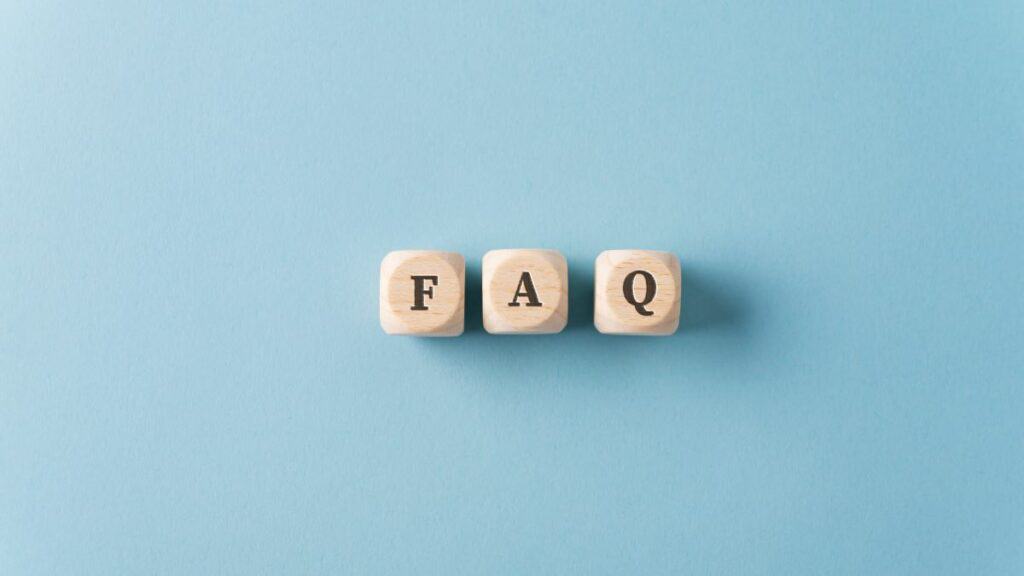Depression is a common mental health condition that affects millions of people worldwide.
It can lead to a range of emotional and physical symptoms that significantly impact an individual’s daily life, relationships, and overall well-being.
Traditional treatment options for depression include therapy, medication, or a combination of both.
However, group therapy has emerged as an effective alternative that provides support, encouragement, and coping strategies for people dealing with this debilitating condition.
How Group Therapy Works

Group therapy is a form of psychotherapy involving a therapist working with several people simultaneously.
This approach allows participants to benefit from the shared experiences and support of others going through similar challenges.
In group therapy, a therapist guides participants through a structured model, utilizing various techniques and abiding by specific rules to create a safe and productive environment.
Therapist Role
Participants engaging in group therapy come from diverse backgrounds, but they typically share common issues, such as depression, anxiety, or addiction.
The therapist plays a crucial role in ensuring that each group member contributes to discussions while also maintaining order and respect within the group.
Therapists are highly trained professionals with expertise in facilitating group discussions and managing any conflicts that may arise.
Techniques
Several techniques can be employed in group therapy, including cognitive-behavioral therapy, psychodynamic therapy, and interpersonal therapy, among others.
The choice of technique depends on the group’s specific goals and needs.
By employing a range of strategies, therapists can effectively address the different emotional and psychological challenges faced by participants.
Rules
One critical aspect of group therapy is the establishment of ground rules. These rules help maintain an environment of trust, confidentiality, and respect among participants.
Typical rules include:
- Maintaining confidentiality.
- Participating actively in discussions.
- Listening carefully to others.
- Refraining from interrupting or judging others.
Benefits of Group Therapy for Depression

Group therapy for depression offers numerous benefits, including emotional support, opportunities for connection, and the acquisition of coping strategies.
The emphasis on positive psychology and cognitive behavioral techniques can foster lasting improvements in mental health, providing a supportive environment to facilitate healing and personal growth.
Emotional Support
One of the primary benefits of group therapy is the comfort and emotional support that participants receive from their peers.
Knowing that others experience similar challenges can create a sense of connection and validation.
This shared understanding can aid in fostering a sense of belonging and help boost self-esteem.
Opportunities for Connection
Engaging in group therapy also provides opportunities for sharing personal experiences, coping strategies, and insights.
Participants can learn from each other, gaining not only emotional support but also practical guidance to manage their depressive symptoms.
Furthermore, group therapy can provide a platform for individuals to practice communication skills and cultivate meaningful relationships with others.
Positive Psychology

An important aspect of group therapy for depression is its focus on promoting positive psychology.
This approach emphasizes the development of positive mental health habits and resilience.
By nurturing optimism and a growth mindset, group therapy can contribute to long-term recovery and improved quality of life.
Cognitive Behavioral Techniques
Moreover, cognitive behavioral group therapy is an evidence-based approach that addresses negative thought patterns and maladaptive behaviors frequently associated with depression.
By learning strategies to challenge and modify these patterns, participants can effectively reduce their depressive symptoms and enhance emotional well-being.
Depression Group Therapy for Teens and Youth
Depression group therapy offers a supportive environment for teens and youth who are experiencing depressive symptoms.
Participating in a group therapy setting allows individuals to share their experiences, develop coping skills, and build a sense of connection with others facing similar challenges.
Cognitive-behavioral Group Therapy
Cognitive-behavioral group therapy is one form of group therapy that has proven beneficial for adolescents suffering from substance abuse disorders.
This approach not only targets the specific challenges faced by the youth but also addresses the underlying thoughts and beliefs that contribute to their depression.
In addition to substance abuse, group therapy has shown promising results in addressing depression in pregnant out-of-wedlock teenagers, increasing their self-concept and resilience while decreasing depressive symptoms.
Educational Setting

Another important aspect of group therapy for teens and youth is its application in other contexts, such as education.
Implementing group therapy within schools can help identify and support students struggling with depression early on.
In doing so, they may be able to prevent more severe mental health issues from developing later in life.
Media
The media can play a vital role in raising awareness and understanding about the benefits of group therapy for youth dealing with depression.
By highlighting its successes, media coverage can help break the stigma and create a more supportive environment for teens and youth to seek help and participate in group therapy sessions.
Group Activities and Exercises
Group therapy for depression often includes a variety of interactive activities and exercises designed to encourage communication, build trust, and enhance emotional well-being.
These activities not only foster a supportive environment but also enable participants to learn new coping skills and strategies.
| Activity | Description |
|---|---|
| Art Therapy | This allows individuals to express their feelings and emotions through creative mediums such as painting, drawing, or sculpting. This encourages communication, reduces stress, and promotes relaxation. |
| Communication Exercises | These exercises help participants build relationships and improve their interpersonal skills. For instance, role-playing activities can be used to simulate real-life situations and facilitate discussions about various coping strategies and problem-solving techniques. |
| Relaxation Techniques | Relaxation techniques, such as deep breathing exercises and progressive muscle relaxation, can also be incorporated into group therapy sessions. These methods are effective in reducing stress and anxiety levels, as well as promoting a sense of calmness and well-being. |
| Physical Activities and Exercises | Physical activities and exercises can serve as a valuable component of group therapy, as they are known to have a positive effect on depression. Aerobic activities, in particular, have been shown to significantly improve mood and overall mental health. Group exercises can range from gentle stretches and yoga practices to more vigorous activities such as jogging or dancing based on the individual’s abilities and preferences. |
In conclusion, combining a diverse range of activities and exercises in depression group therapy helps maintain engagement, encourage personal growth, and support the development of valuable coping mechanisms.
These components work together to create a supportive and empowering environment where participants can improve their mental health and emotional well-being.
Frequently Asked Questions

What are the benefits of group therapy for depression?
Group therapy for depression can offer numerous benefits to individuals, including providing a support network, sharing experiences, developing healthy coping strategies, and increasing self-understanding.
In addition, research has shown that group psychotherapy can be as effective as individual therapy in treating depression.
How can I locate a support group in my area?
You can consult your therapist, healthcare provider, or a local mental health organization to find a support group in your area.
Additionally, you may search online directories or community centers for a list of support groups available in your area.
Are there online group chats for depression?
Yes, there are several online group chats and forums available for individuals experiencing depression.
These platforms, such as Circles, can offer an additional layer of support and allow you to connect with others who understand your struggles.
Be sure to verify the credibility of these online platforms and consider asking your healthcare provider for recommendations.
What can I expect during my first session of group therapy?
During your first session of group therapy, you can expect to get acquainted with the therapist and other members of the group.
The therapist may outline the group’s purpose, expectations, and ground rules.
It is common for individuals to feel nervous or uncertain during their first session. Still, as you continue to attend, you will likely become more comfortable sharing and participating in discussions.
How long does a typical group therapy session last?
A typical group therapy session usually lasts between 60 to 120 minutes, depending on the specific format and goals of the group.
The frequency of sessions can also vary, with some groups meeting weekly, bi-weekly, or even monthly.
Choosing a group therapy schedule that aligns with your needs and commitments is important.






